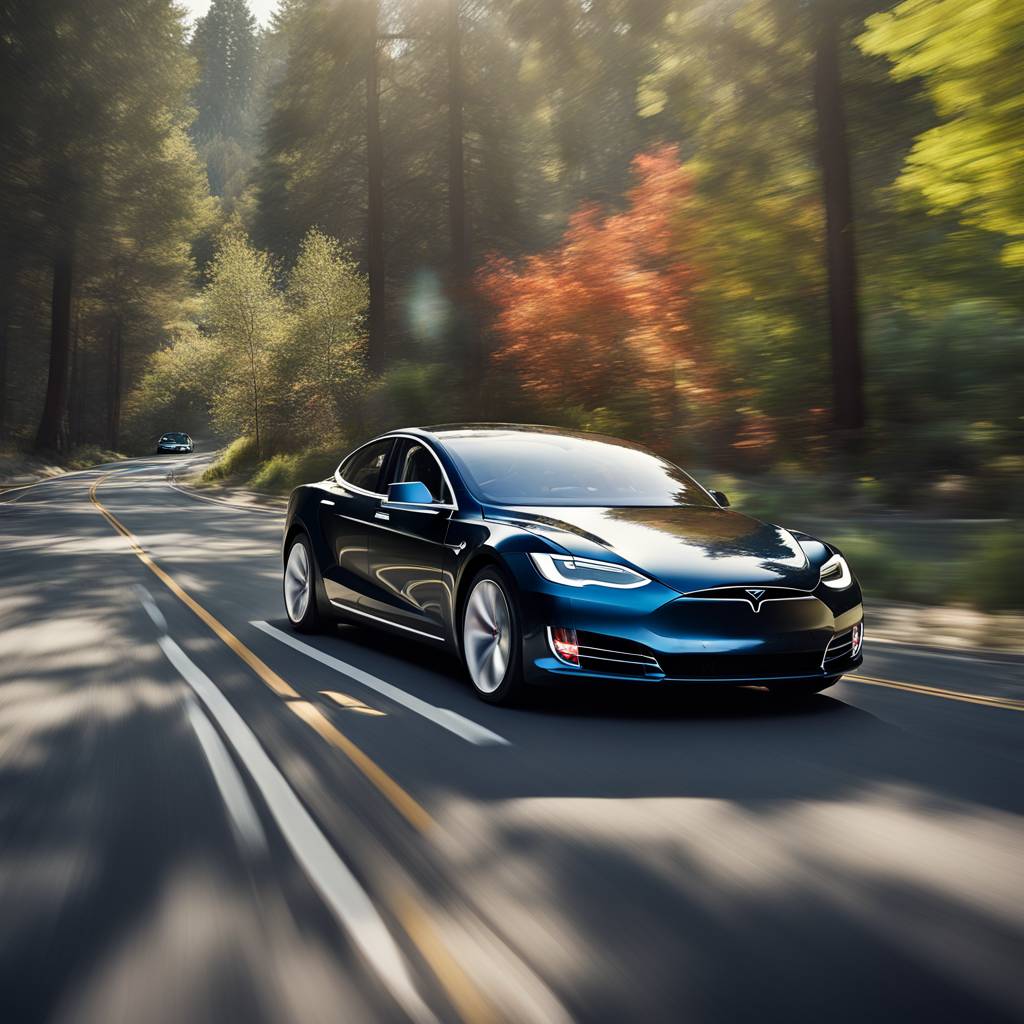The upcoming trial involving Tesla’s automated-driving system, Autopilot, is set to begin soon. The case involves the wrongful death of a former Apple engineer, Walter Huang, who died in a crash while the Autopilot feature was engaged in his Tesla Model X. The National Transportation Safety Board found that Autopilot was engaged for nearly 19 minutes before the fatal crash, leading to the tragic accident. Tesla and CEO Elon Musk have defended the technology, stating that it is ahead of the competition and a significant factor behind Tesla’s success as the world’s largest electric vehicle maker. However, Huang’s family claims that Tesla oversold the capabilities of Autopilot and that it is not as safe as advertised.
Tesla’s Autopilot technology has faced scrutiny for several years, with concerns raised about its safety and effectiveness. The National Highway Traffic Safety Administration conducted a two-year investigation into 1,000 Tesla crashes while Autopilot was engaged, concluding that the system can give drivers a false sense of security and may not be able to navigate dangerous situations safely. NHTSA and the National Transportation Safety Board have also been investigating other crashes involving Tesla vehicles using driver assist features, including incidents with emergency vehicles.
Following the NHTSA report, Tesla issued a recall for all 2 million of its cars in the United States to provide additional warnings to drivers when Autopilot is engaged incorrectly. The company maintains that the technology is safe when used correctly and can help reduce fatalities on the road. Autopilot requires drivers to keep their hands on the wheel and pay attention to the road, guidelines that were not followed in Huang’s crash. Tesla claimed that Huang was responsible for the accident because he was distracted and playing a video game on his phone while Autopilot was engaged.
Huang’s family argues that Tesla is at fault for the crash, as they believe the company falsely marketed Autopilot as self-driving software. They allege that Tesla knew about the flaws in the technology and rushed it to market, putting drivers at risk. The lawsuit, filed in 2019, seeks damages for the loss of Huang and holds Tesla accountable for the tragedy. If the jury rules in favor of Huang’s family, Tesla could face significant financial consequences, as wrongful death suits involving large companies have resulted in billion-dollar awards in the past.
Tesla’s stock has seen highs and lows, with Autopilot’s promise contributing to the company’s success in recent years. Despite facing challenges in 2024, Tesla remains a leader in the electric vehicle market and has ambitious plans for autonomous driving technology. CEO Elon Musk has expressed confidence in the potential of autonomous driving to propel Tesla to even greater success, emphasizing its importance in the company’s future growth. The outcome of the trial will have significant implications for Tesla and its reputation as a leader in the automotive industry.


